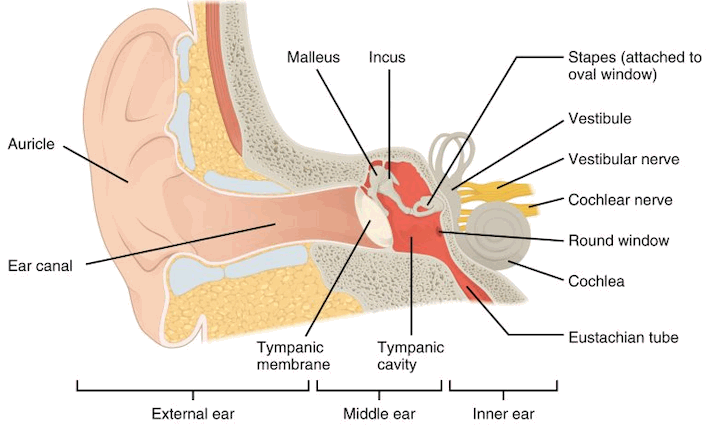Gene Therapy Breakthrough Restores Hearing In Kids, Teens And Young Adult Born Deaf
The therapy uses a harmless virus—an engineered adeno-associated virus (AAV) known as Anc80L65—to deliver a working copy of OTOF directly into the cochlea. Patients received an injection in one ear, or in one case, both. Across the board, the treatment was well tolerated, with no serious adverse events reported during the first 6 to 12 months of follow-up. The most common side effect was a temporary dip in a specific type of white blood cell, but no participants required medical intervention of any kind.

Interestingly, the best outcomes were observed in kids aged 5 to 8, suggesting that earlier intervention may lead to stronger results. That said, even the oldest participant—a 23-year-old—showed meaningful hearing gains, marking a major step forward for a condition previously thought to be irreversible past early childhood. The team is continuing to track these patients over time to evaluate how long the benefits last and whether any late side effects emerge.
While this is just a small, early-phase trial, the findings mark a potential turning point for genetic forms of deafness—and open the door to similar therapies in the future. The authors of the study emphasize that the trial is still ongoing and long-term efficacy remains unknown, but the early results are highly encouraging for the future of gene therapy in medicine. You can access the full paper at Nature Medicine for more details.


